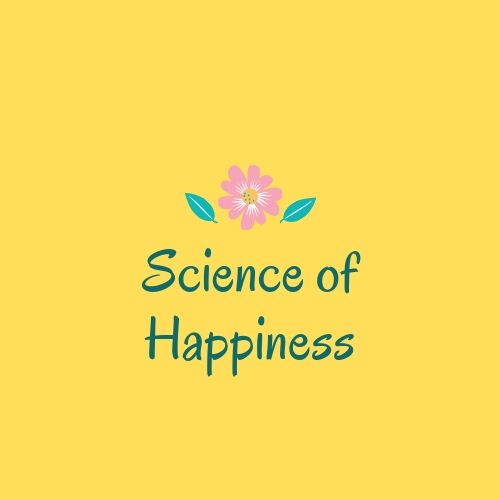Positive psychology is a scientific approach to study human thoughts, feelings, and behavior, focusing on strengths instead of weaknesses. Building good life instead of repairing the bad, and taking the lives of average people up to “great” instead of focusing solely on moving those who are struggling up to “normal” (Peterson, 2008). Positive psychology focuses on positive experiences like happiness, joy, inspiration, and love, a positive state like gratitude, compassion, self-esteem, self-confidence, life satisfaction, hope, well-being, uplifting.
According to George Vaillant, a pioneer in the field of positive psychology, mental health therapists in the past dealt mostly with psychological diseases, discussions on anxiety, depression, stress, anger, and fear, and almost nothing about affection, compassion, and forgiveness. Positive psychology has opened a new way of looking into problems. It helps to understand how working on enhancing our internal capabilities to make the better of our present. Studies have shown that the effect of Positive psychology effect last longer and produce more happiness than traditional psychotherapies. “We’re all capable of good feelings we just need to learn how to find them within ourselves.”
Happiness is a simple concept which is hard to define concretely. According to Psychologists, the primary three spheres of happiness are:
1. The short-term feeling of joy and pleasure
2. Being engaged with others
3. And living life with meaning
Happiness drives a person to be more creative, productive, successful, and healthy. Some of the research has concluded that happiness has nothing to do with wealth. According to studies, some pleasure giving activities like shopping, and consuming good food may not lead to long term happiness. There may be lots of ways to be happy, but positive emotions like joy, love, and satisfaction are good for us and within our reach. Do things that give you pleasure, stay around with people you like, and find meaning in your life and work. Getting the most out of your body and mind is something positive.
The other factor called Mindfulness, or the art of being present in the moment is the positive technique that can promote well-being and inner peace. From the book “Happier,” some of the positive actions that improve mental health care:
1. Counting your blessings
2. Learning from negative experiences
3. Practicing gratitude
4. Maintaining a healthy lifestyle
5. Monitoring mood
Positive psychology makes way for us to pause and appreciate the wonders that are already in our lives. It does not contradict or contrast traditional mental health practices but rather complements them by changing our thoughts and actions for the better (Ben-Shahar, 2007).
Please read my article about motivation in this link: https://everydaysinspiration.com/todays-motivation-sky-is-still-not-the-limit/
References
1. positivepsychology.com
3. consumer.healthday.com




